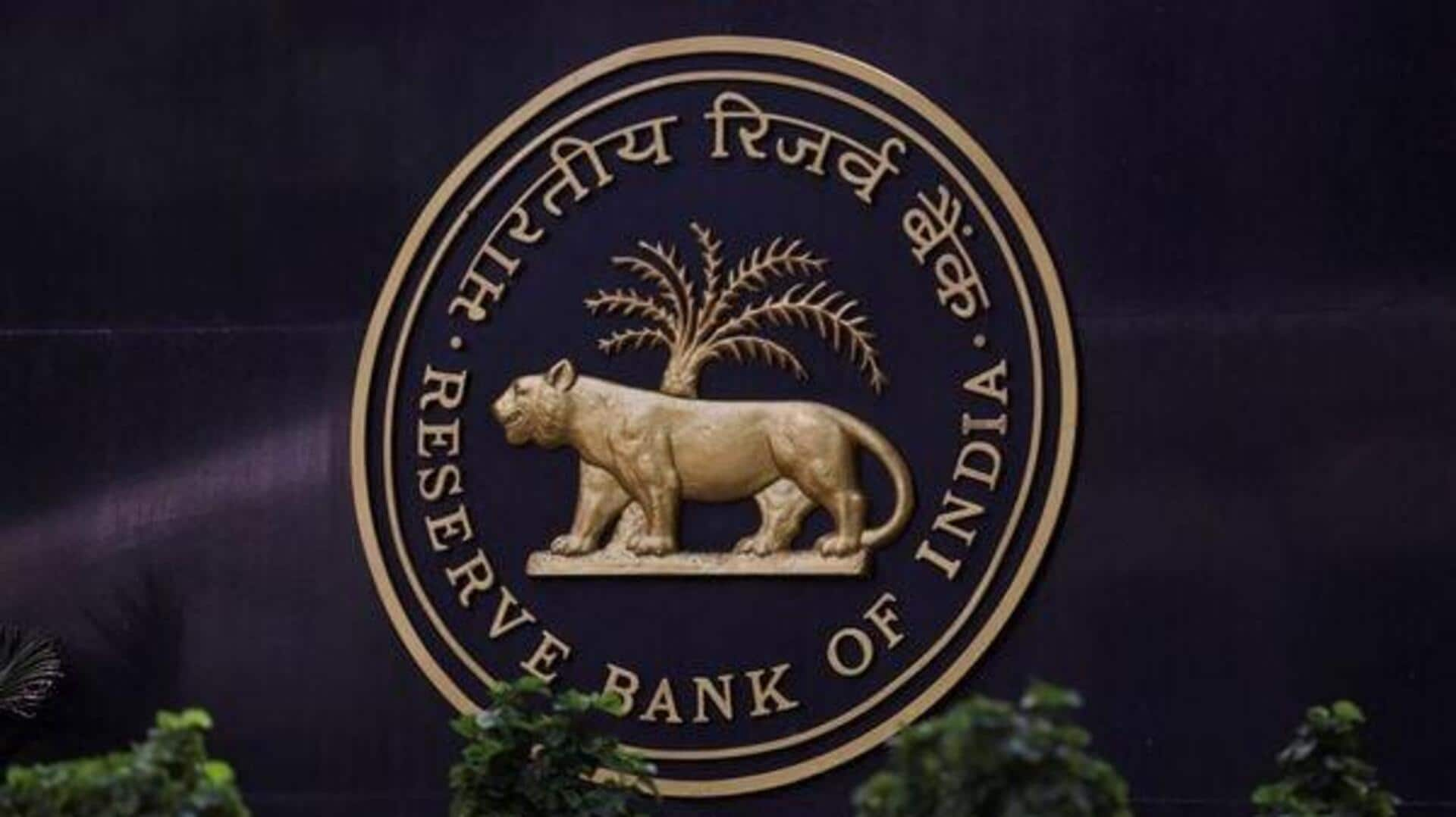
RBI introduces 'bank.in' domain to boost internet banking security
What's the story
The Reserve Bank of India (RBI) has announced new measures to make internet banking safer in India. Governor Sanjay Malhotra announced a unique 'bank.in' domain for Indian banks, which will be operational from April. This is part of the central bank's strategy to mitigate digital frauds and strengthen online transaction security.
Domain details
A step toward reducing banking fraud risks
The introduction of the 'bank.in' domain is expected to significantly reduce banking fraud risks. Following this, a 'fin.in' domain will also be introduced specifically for the financial sector. These changes are part of RBI's broader strategy to strengthen digital security within the banking and payment systems amid rising cyber threats.
Enhanced security
RBI extends AFA for international online payments
Along with the new domain, Malhotra also suggested expanding the Additional Factor of Authentication (AFA) to international online payments. This would be applicable to offshore merchants who have activated such security features. "The RBI has been implementing various initiatives to strengthen digital security in the banking and payments systems, with AFA for domestic payments being one of them," he said.
Cyber threats
Rising concern over digital frauds acknowledged
Malhotra also acknowledged the rising concern of digital frauds and said there needs to be a balance between convenience and exposure to cyber threats. "The surge in digital frauds is a significant concern, and action is required from all stakeholders," he said. He also stressed that banks and non-banking financial companies (NBFCs) need to continuously improve both preventive and detective controls to address these risks.
Risk management
RBI urges banks to develop robust incident response plans
The RBI Governor urged banks and NBFCs to develop robust incident response and recovery plans. These plans should be tested regularly to ensure operational resilience against cyber threats. This recommendation is part of the central bank's comprehensive approach toward enhancing digital security in India's banking sector amid an increasing number of online transactions.